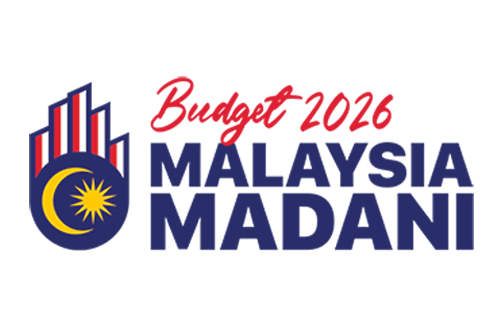IDEAS: Introduce more comprehensive reforms for small infrastructure project allocation

Kuala Lumpur, 8 June 2023: In response to the recent announcement by the Minister of Economic Affairs, the Institute of Democracy and Economic Affairs (IDEAS) calls for more comprehensive reform in the mechanism for the distribution of small infrastructure project funds.
The Minister of Economic Affairs Rafizi Ramli announced on 1 June that the public would soon be able to apply for allocations for small projects directly from the government and not have to go through layers of the application process, which takes a long time to be approved. However, the Minister, at least as reported by the news, did not elaborate on which allocation he referred to and the allocated amount available for such a purpose this year.
One of the known allocations for small infrastructure projects is disbursed through members of parliament and state assemblies (Peruntukan Ahli Parlimen and ADUN) and is also known as the Constituency Development Fund (CDF). The CDF has historically been opaque, with the amounts per constituency and mechanism of distribution determined directly by the Prime Minister and Chief Ministers at the state level. The government of the day has complete discretion on the amounts allocated for CDFs, and as a result, the distribution disproportionately favours constituencies of government MPs.
“We welcome the Minister’s effort to incorporate elements of public participation in small-scale infrastructure projects by allowing the public to apply directly for these projects. This is an important step towards participatory budgeting. However, clarity is needed on the source of this allocation. If the Minister refers to CDF, the Minister should incorporate other reform measures that will improve transparency and equitability of the CDF rather than only incorporating public participation mechanisms,” said Sri Murniati Yusuf, Deputy Research Director of IDEAS.
The reform measures to improve CDF have already been outlined in a report jointly published by IDEAS and BERSIH 2.0 titled: “Removal or Reform: Charting the Way Forward for Malaysia’s Constituency Development Funds”. One of the recommendations is to introduce the CDF Act. “If the government is serious about good governance, efficiency and participatory democracy, they should introduce these long-awaited reforms through a CDF Act. The act should ensure equitable distribution of funds through a formula that takes into account the needs of constituencies, regardless of which side of the political fence their MPs stand on. The allocations should be listed in the budget and subjected to audit requirements and public disclosure. CDF legislation should also include participatory budgeting mechanisms that enable the public to participate in consultation and provide input on local needs.”
Secondly, while the Minister’s initiative to promote a more inclusive democratic process is a positive development, IDEAS opines that public participation in small infrastructure projects should happen at the level of local democracy through local government. IDEAS and Bersih’s report recommends that the federal government needs to shift the gatekeeper role of the CDF from EPU to elected local governments who can be held accountable to the public for the delivery of local infrastructure projects. “In the long term, the government should push to bring back local government elections to make local authorities directly accountable to the constituents,” Sri Murniati Yusuf commented.
In the short term, if the Minister proceeds with this mechanism, he should ensure full disclosure of the source of funding, the allocation by constituency, and the criteria for approval of these projects. The Minister should also ensure that the approvals and implementation are monitored and publicly disclosed for accountability.
— END —
Download Media Statement PDF File Here
For enquiries, please contact:
Aira Azhari
Senior Manager
Democracy and Governance Unit
T: +603 2070 8881/8882 | E: aira@ideas.org.my
Alissa Rode
Manager, Public Finance Unit
T: +603 2070 8881/8882 | E: alissa@ideas.org.my

